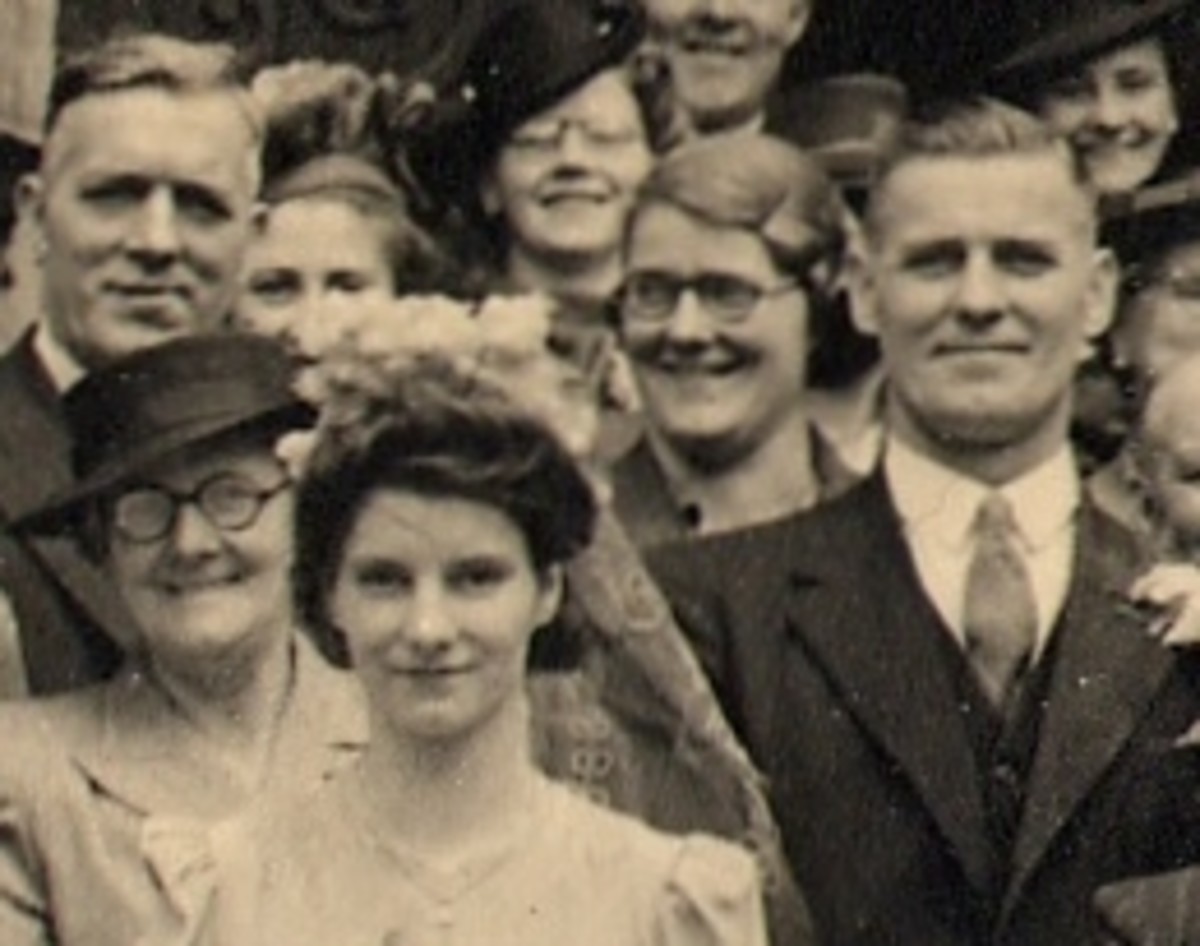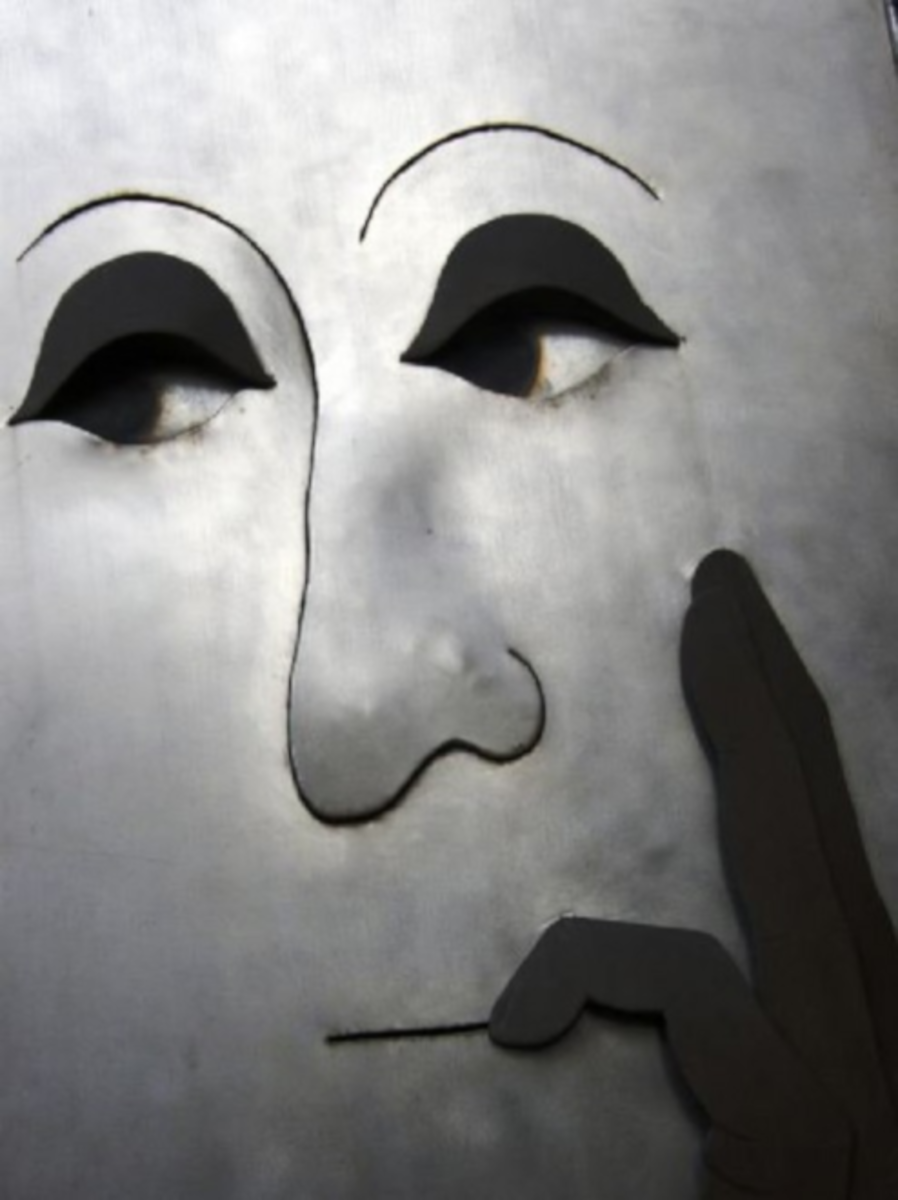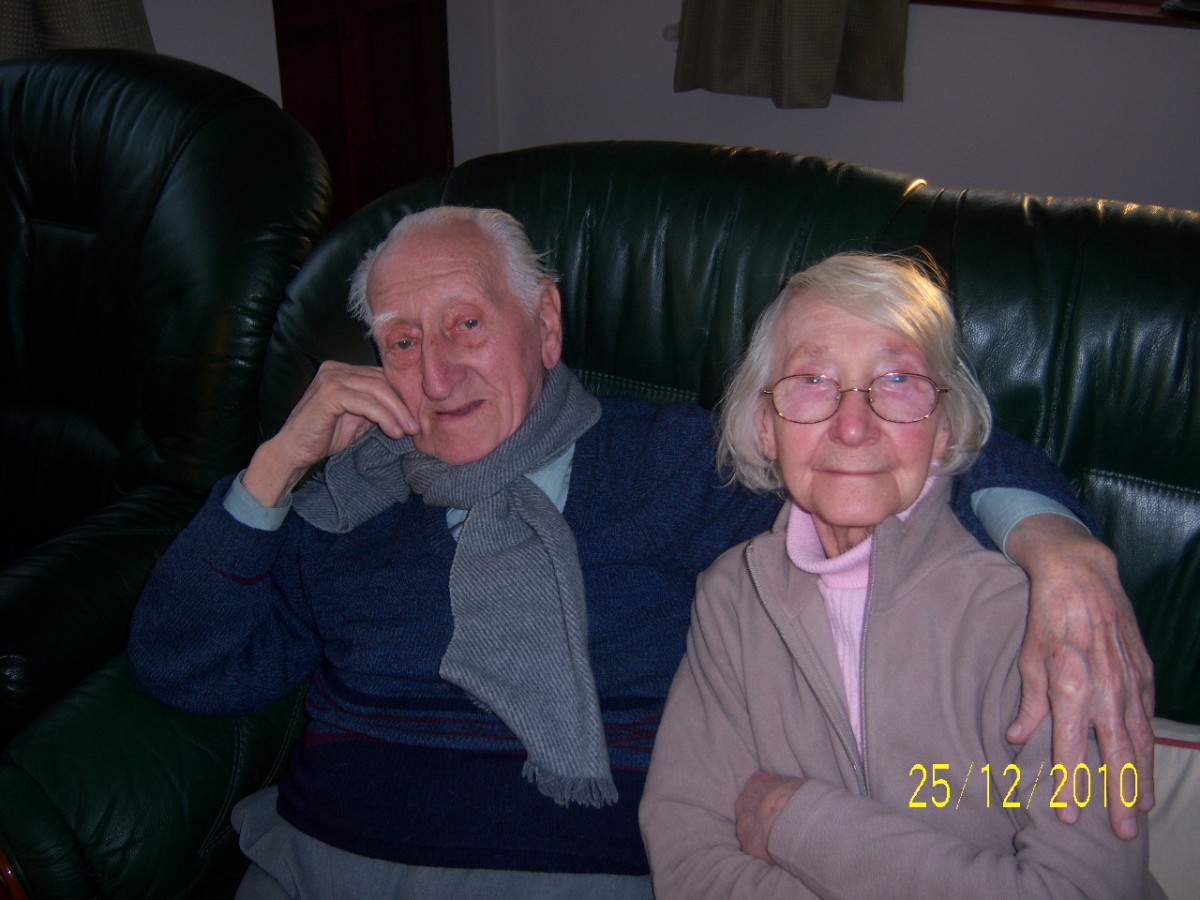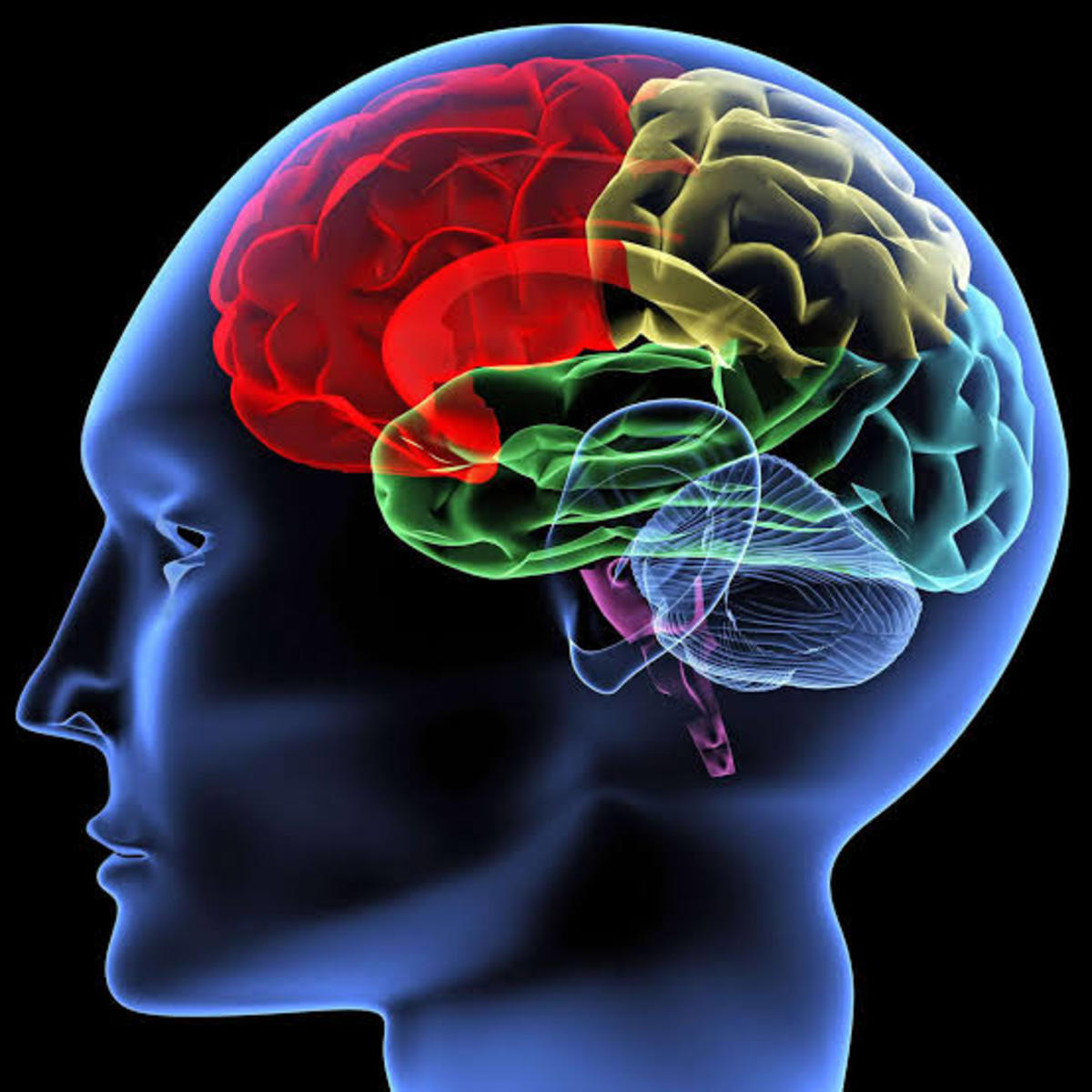The Confusion Over Dementia

Understanding Dementia
When we think about Dementia we may relate it to the elderly. It could be something which we believe won't happen to us or we refuse to think about. But unless you have been around sufferers of this mental disease, it can be difficult to truly see how it takes it's toll on the person living with it.
Overview
Of course there are different types of dementia and not all are on the same point of the spectrum. Not everyone behaves in the same way, maybe because of the different type, the personality of the individual or what stage it is at.
Who can get Dementia?
It is more common in older people but it can start in people from the age of 40. 1 in 5 people over 80 will have some sort of dementia, while 1 in 20 will have it over the age of 65.
It can be hard to diagnose the type of dementia as some have similar traits to one another. Some of the early warning signs can be spotted, such as regular forgetfulness and treated appropriately by professionals.
So what are the Diagnoses Symptoms of Dementia?
All types of dementia affect the brain but in different areas. This then changes the behavior of the individual in the way they think, what they can remember and in some cases visually too.
The early stages of any dementia show symptoms of confusion and generally forgetfulness. It can be anything from forgetting to turn off the oven (and forgetting it was on in the first place), to confusion of times, places and whereabouts. Struggling to remember names of people and objects is a certain sign that it is setting in.
People do live with it and can be medicated to slow down the process, but a carer in the form of a family member or trained worker will need to help the sufferer to take their medication on time, help with preparation of meals and prompting with washing and dressing. It is easy to forget if they have had a wash that morning, or what goes on first: a shirt or a vest.
Dementia really does affect different people in different ways. Aspects of their personality may alter, making relationships and communication difficult. The stages of the illness makes an impact on the sufferer's level of dependency, which will have an effect on the individual physically as well as mentally in the long term.
Although it is possible for medication to slow down the development of some types of dementia (if diagnosed early), there is no known cure.

How do You Develop Dementia?
Dementia can develop from infections in the nervous system, stroke, damaged cells in the brain, head injury, drug or alcohol abuse or HIV.
Some of the different forms of dementia include Alzheimer's disease, dementia with Lewy Bodies, Vascular dementia, Huntington's disease and Parkinson's disease.
Alzheimer's Disease
A German neurologist named Alois Alzheimer first discovered the illness describing the symptoms due to damaged cells in the temporal and part of the frontal lobes of the brain. It isn't always clear how these cells become damaged, but several factors may contribute. It could be hereditary, down to head injuries, age, health and lifestyle, high blood pressure or cholesterol, or environmental factors.
The symptoms include short term memory loss, confusion, mood swings, changes in communication, forgetting day to day things and finding activities hard to carry out.
It is a progressive illness meaning symptoms worsen over time. The time can vary, but medication can help as well as mental stimulation from friends, family, crosswords, books and puzzles. Being surrounded by other people who are confused and have behavioral problems or depression will not slow down the process.
Some people still live in their own homes when they have Alzheimer's disease but they will benefit from someone to help them will basic tasks. As they worsen they will need assistance with their personal care. They may need to be reminded on how to wash and shown what to use, or fuller assistance may be required.
If the individual starts to get confused or anxious about where they are they could possibly wonder. If they get lost in their area or become forgetful in regards to road safety, they will need more professional help. Someone would need to be with them 24 hours a day or placed in a secure residential home with care workers to look after them.
Dementia with Lewy Bodies
Lewy Bodies is one of the most common types of progressive dementia. Not only does it affect memory and behavior, as Alzheimer's does, but it affects cognitive skills and can cause hallucination.
A patient with Lewy bodies can have similar symptoms to a patient with Parkinson's disease. They can become rigid or suffer with involuntary movement. This is because it is caused by a build up of Lewy Bodies (alpha-synuclein protein) in the part of the brain which controls motor skills and memory. Because of this aspect it can sometimes be difficult to diagnose, due to the similarity to Parkinson's.
Other symptoms include depression, lack of motivation, disorganized speech, staring into space and sleep disorders.
A sufferer may have good days and bad days with hallucinations (often seeing animals which are not there), mood swings and problems with motor control. Full care would be needed with the correct medication and good communication. Help would also be given if the patient needed assistance to mobilize. Use of the correct aids will minimize risks in regards to health and safety, such as walking frames, wheelchairs, turntables or hoists.
Because of the affects Lewy Bodies have on the brain, the affect on the patient's sight can make day to day living difficult. Patterns on carpets can look like holes in the ground to the individual, and white toilets in a white bathroom are invisible. Ensuring toilet seats are colored and floors are plain will help promote some independence.
Vascular Dementia
Vascular dementia is caused by a chronic decline in blood flow to the brain, often as a result in stroke, or a series of mini strokes called transient ischemic attacks (TIA's).
In the case of a mini stroke the symptoms may go unnoticed, but over a period of time the signs of vascular dementia become apparent. This includes confusion, memory loss and other signs of dementia.
The physical signs of Vascular dementia include:
- loss of balance
- incontinence
- hallucinations
- tremors
Mental health signs show:
- confusion
- memory problems
- slowed thinking
- loss of social skills
- changes in personality
Behavioral signs are:
- inappropriate behavior
- difficulty with day to day tasks
- speech problems
- getting lost
Huntington's Disease
Huntington's disease is a genetic disorder usually passed down due to a faulty gene. It can be passed down from either parent and is equal to both men and women. It is an illness which affects the brain and therefore has an affect on memory, mental ability and physical movement.
Although it is more common among people in their 40's and 50's it is possible to have Juvenile Huntington's disease, which develops before the age of 20, and is more severe form of Huntington's.
As with all form of dementia there is no known cure, but correct diagnoses and care can help individuals get the most out of life.
Huntington's disease was previously known as Huntington's chorea. Chorea means to have involuntary or jerky movements which is the main symptom of the condition. This can affect many areas of the body such as limbs, face or eyes.
Someone with the condition can also suffer with difficulty with speech, swallowing and walking. The constant movement from the illness (which burns energy) and inability to eat may as a result lead to weight loss.
The more emotional affects of the illness lead to depression, weight loss and change in personality. Individuals who feel low in mood with a lack of motivation can feel frustrated and possibly angry, and suffer mood swings or aggression towards others. Schizophrenia is common with those with HD, with feelings of paranoia, hallucinations or complaints of hearing or seeing things.
As the illness progresses it takes it's toll on memory, continence and mobility.








